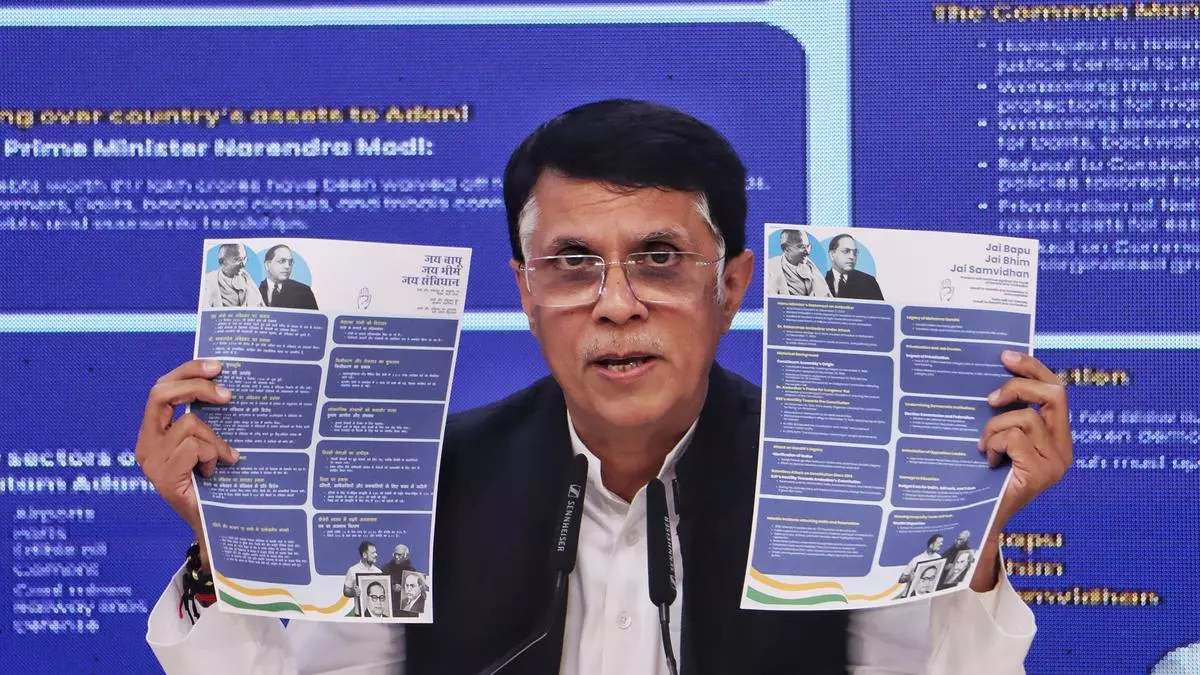The draft Sustainable Land Use Policy (SLUP) for Tamil Nadu aims to address urbanisation, environmental conservation, and economic development by aligning land use with long-term sustainability goals. It proposes zoning land into development, conservation, agricultural and transition zones to optimise urban growth, protect ecosystems, support agriculture, and regulate development.
The policy also emphasises coordinated spatial planning, sustainable practices in resource management, and alignment with Sustainable Development Goals (SDGs). Through periodic reviews and stakeholder input, SLUP seeks to promote responsible land use, sustainability, and improved socio-economic outcomes for the state.
The Executive Vice Chairman, Dr J Jayaranjan, of the State Planning Commission (SPC), submitted the draft policy along with three other policies and reports drafted by the SPC to Chief Minister MK Stalin, who is also Chairman of the SPC.
The other three policies submitted were the Tamil Nadu Employment Policy 2023, the Water Policy, and the Community Dog Management and Regulation Policy.
The draft Tamil Nadu Employment Policy, 2023, addresses several pressing concerns in the current labour market. Among these are high unemployment rates among educated youth and a noticeable mismatch between education, skills, aspirations, and job opportunities. Further, the policy outlines various measures to formulate appropriate solutions. A 10-year strategy for productive jobs and inclusive growth is crucial to raising the median income level and supporting the fast-paced growth of the economy.
The draft Tamil Nadu State Water Policy, developed with a multi-disciplinary approach, focuses on addressing the state’s specific challenges in water management. It outlines strategies to ensure equitable access to clean water, protect and enhance water resources, and promote efficient and productive water use. The policy also recommends the establishment of the Tamil Nadu Water Resources Authority, the Water Policy Research Centre, and a unified Tamil Nadu Water Information System, among other initiatives.
The draft Community Dog Management and Regulation Policy takes a holistic approach to managing community dogs. It recommends sustainable measures such as humane sterilisation, organised vaccination drives, and the creation of shelters for abandoned and surrendered dogs. It also includes rules for pet registration, reporting dog bites, and regulating commercial dog breeding. The policy aims to promote public health and safety while fostering peaceful coexistence between humans and dogs, says the release.
The reports submitted Jayaranjan were are assessments of the flagship schemes of the State Government such as Chief Minister’s Breakfast Scheme in Tamil Nadu: Impact on Children in Primary Classes in Government Schools (interim Report); Benefits of Pudumai Penn Scheme; Ennum Ezhuthum Scheme.
The studies are Urban Heat Island – Hotspot Analysis and Mitigation Strategies for Tamil Nadu and Opportunities for District Cooling System in Tamil Nadu, to a release. The Urban Heat Island – Hotspot Analysis and Mitigation Strategies for Tamil Nadu report provides a detailed assessment of the Urban Heat Island Effects by mapping heat zones across Tamil Nadu to identify hot spots and understand rising temperatures due to urbanisation and climate change. It also gives essential insights into urban heat risks and potential mitigation strategies tailored to Tamil Nadu, emphasising resilient urban planning.
On opportunities for the District Cooling System (DCS), the release says that Tamil Nadu faces an increased number of heat stress days, notably from March to August, with a rising trend in heat waves. Thermal comfort and access to cooling are a necessity at the household level and for occupations exposed to heat.
The DCS report aims to help investors and providers of cooling solutions with appropriate business models and financial models. The report recommends policy and regulatory support for implementing the District Cooling System in Tamil Nadu. The State Action Plan is framed for promotion of DCS with short, medium and long term strategies and roles of Government Departments for facilitating development of DCS projects, the release said.







Leave a Comment